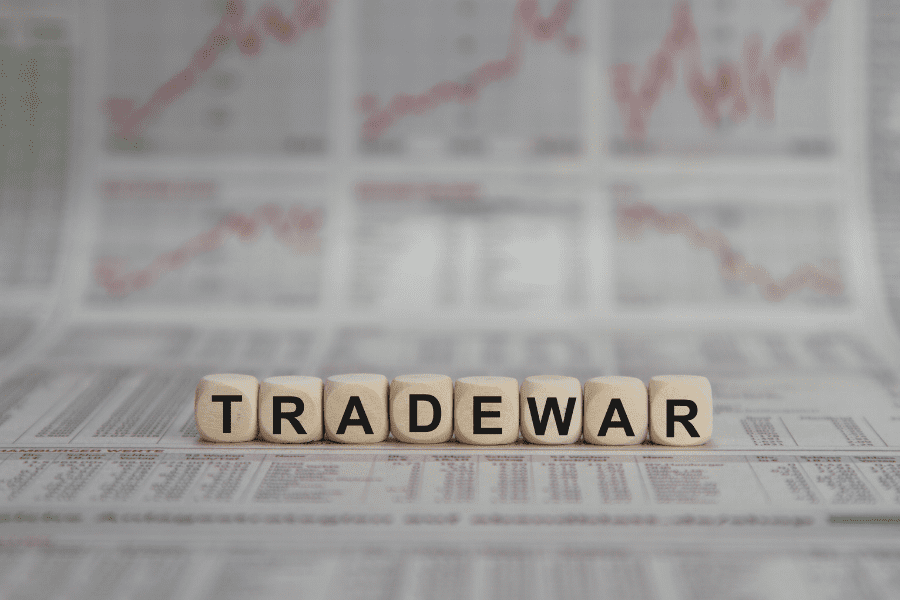By Laser 1 Technologies
Reorganize and Diversify to Combat Trade Wars
With new tariffs and political pressure, trade wars are becoming the norm and preparedness is key.
Don’t Panic
All supply chain shifts must be strategic. Take the time to research and properly plan your supply chain shifts. Getting your people on the ground, conducting audits and checking all of the proper documentation will not only help you avoid penalties and problems but it may also help you avoid dips in product quality and keep you from scrambling to find another manufacturer if the original one falls through.
Also, it may not be necessary to completely remove your production out of a country. Currently, for example, you may be concerned about your business production in China but there are benefits to keeping at least a minimum presence there. It allows you to maintain a pulse on the economy as China continues to become one of the largest world economies.
Hire New Talent with New Skills
This is the time to invest in your supply chain. Look beyond product costs and analyze currency exchange, the political climate, the cost of transporting goods and inventory holding fees. Make sure your current purchasing agent is considering these aspects. If they are not, then secure new talent with these skills. Also, consider implementing an Enterprise Resource Planning System that will give you insights on possible supply chains.
Perform a Regional Analysis
By expanding your supply chain analysis from a country to a region, you are opening your company up to new opportunities that you may not have previously considered. Not only will a regional analysis point out the best countries to do business in based on taxes, labor costs and the political situation but it will also provide you with a buffer against trade shocks. Consider making use of free-trade agreements to maximize incentives and minimize operating costs.
Diversify from the U.S. Dollar
It’s easy to use the U.S. dollar for all foreign purchases. It is familiar and helps you avoid currency exchange rates. However, you may be losing money by not looking to the currencies of the countries you are doing business in. Currency risk may be passed on to you by way of inflated prices. You can also miss out on transaction strategies that are only available in the local currency as well as discounts issued to companies not buying in U.S. dollars. Find a banker or other expert that can handle these exchanges so you don’t leave money behind on your foreign purchases.
Trade wars bring a lot of uncertainty for any business that is manufacturing internationally. Take steps to protect your business.




